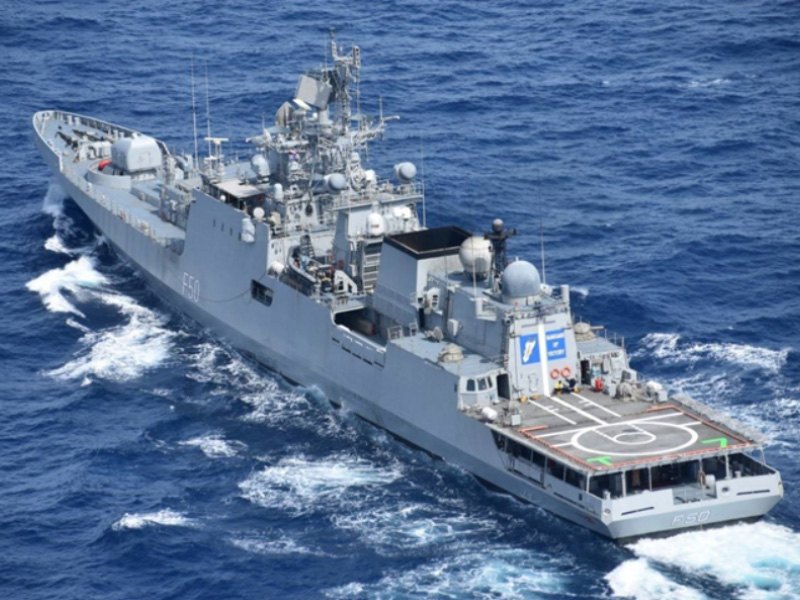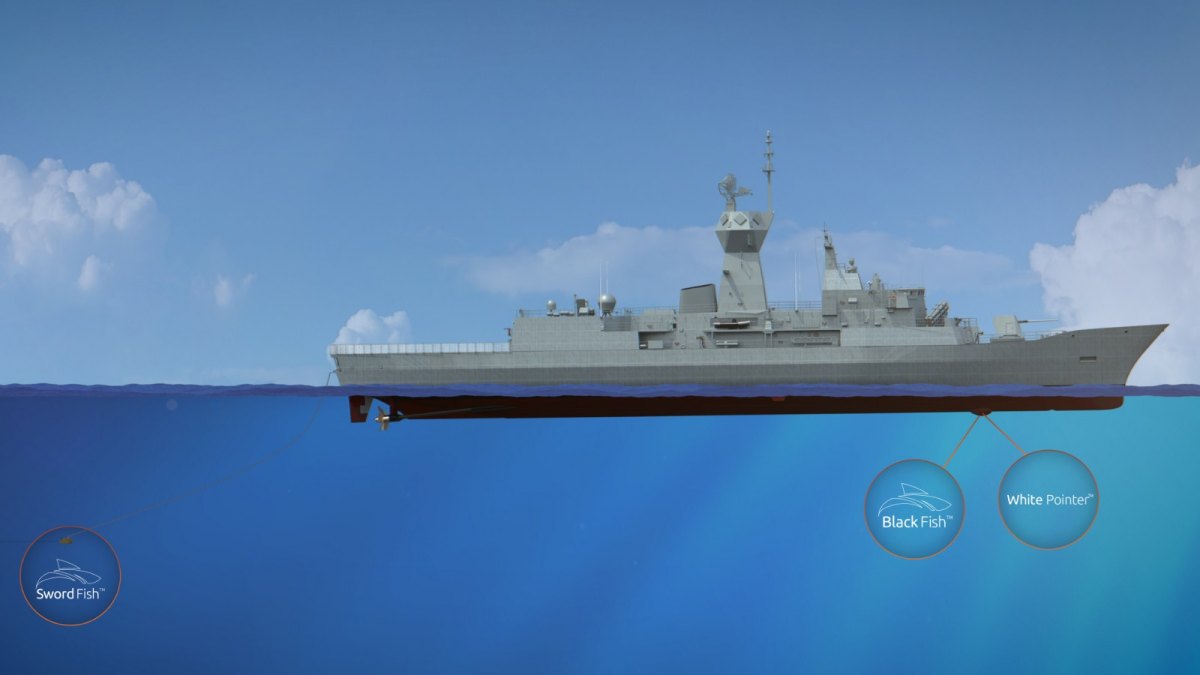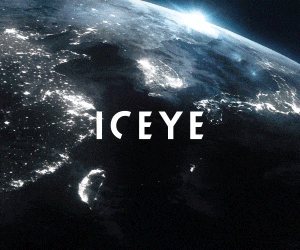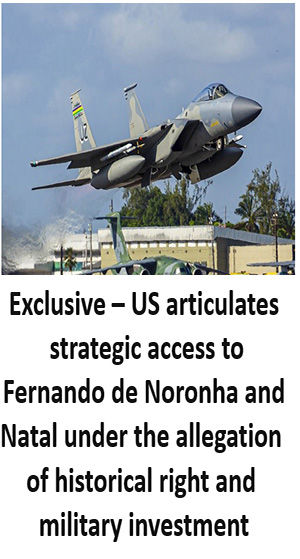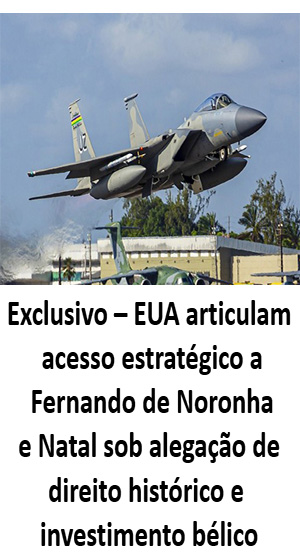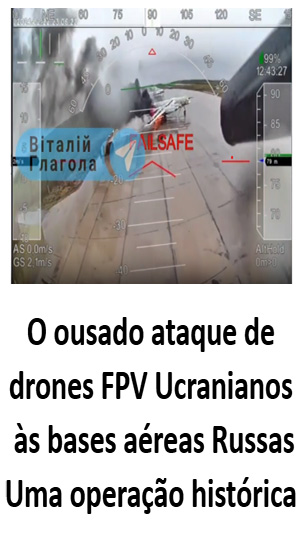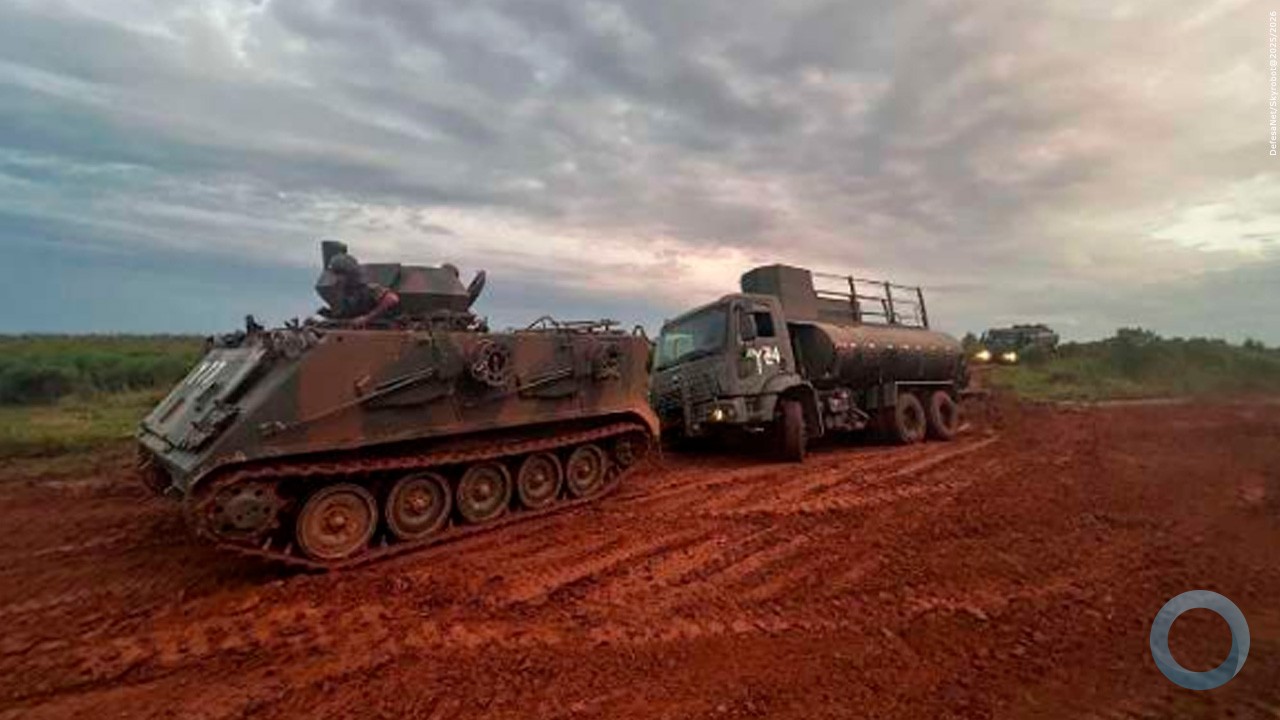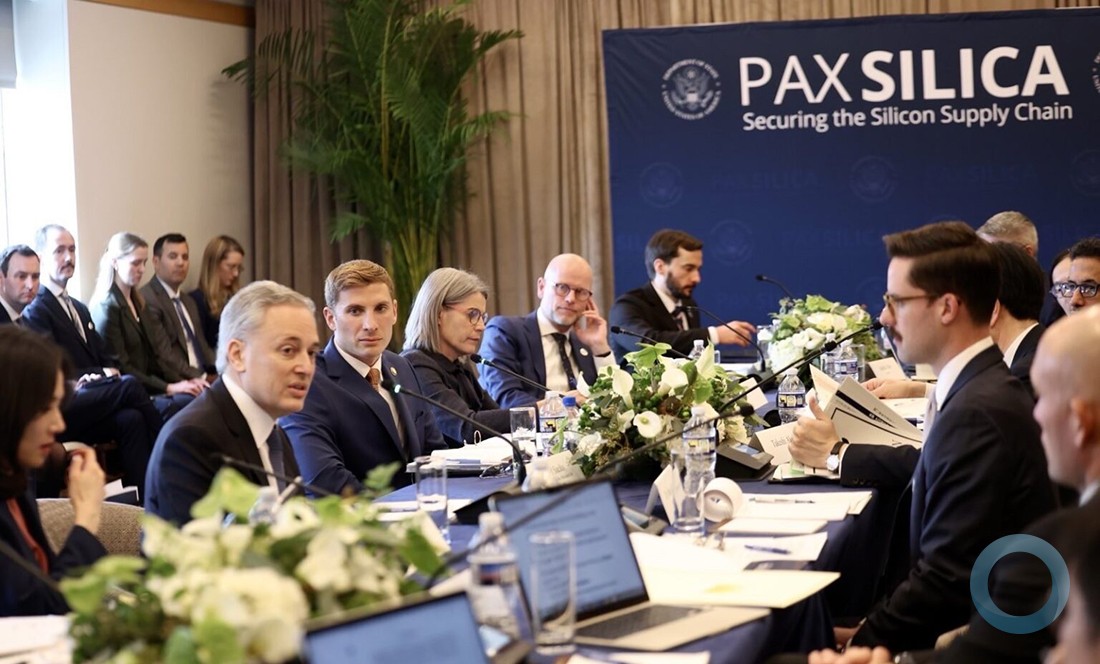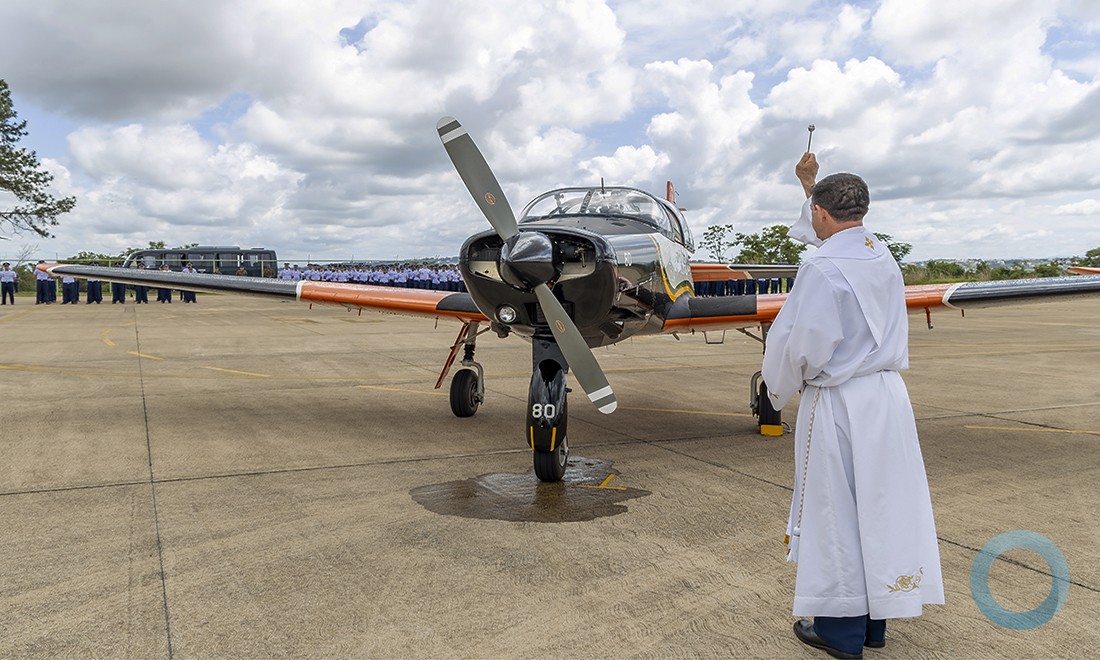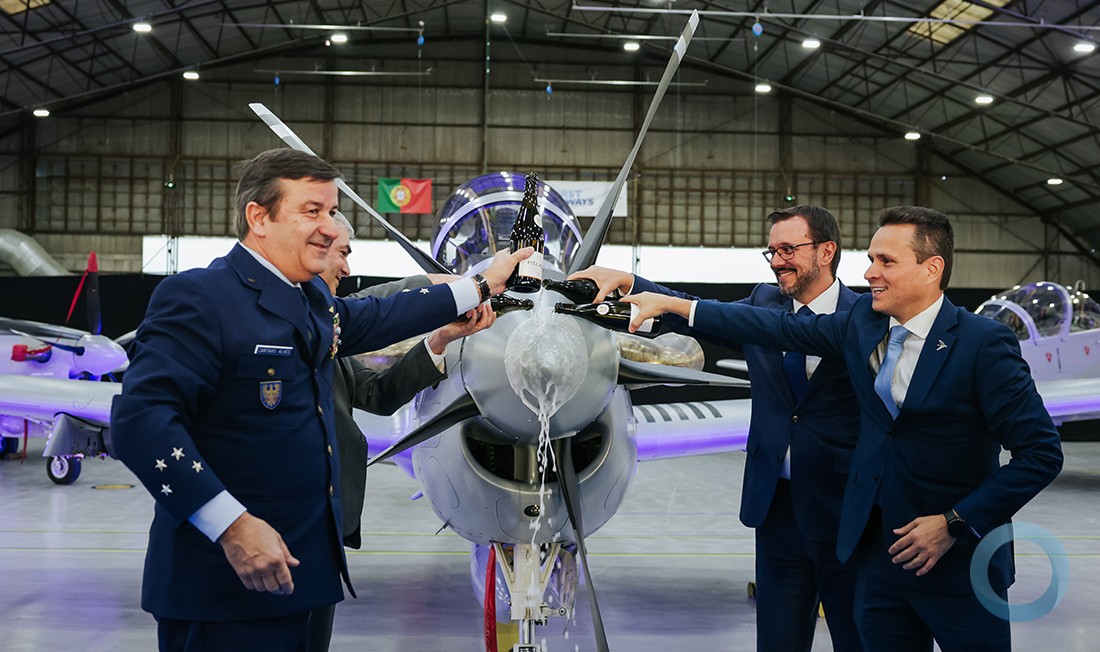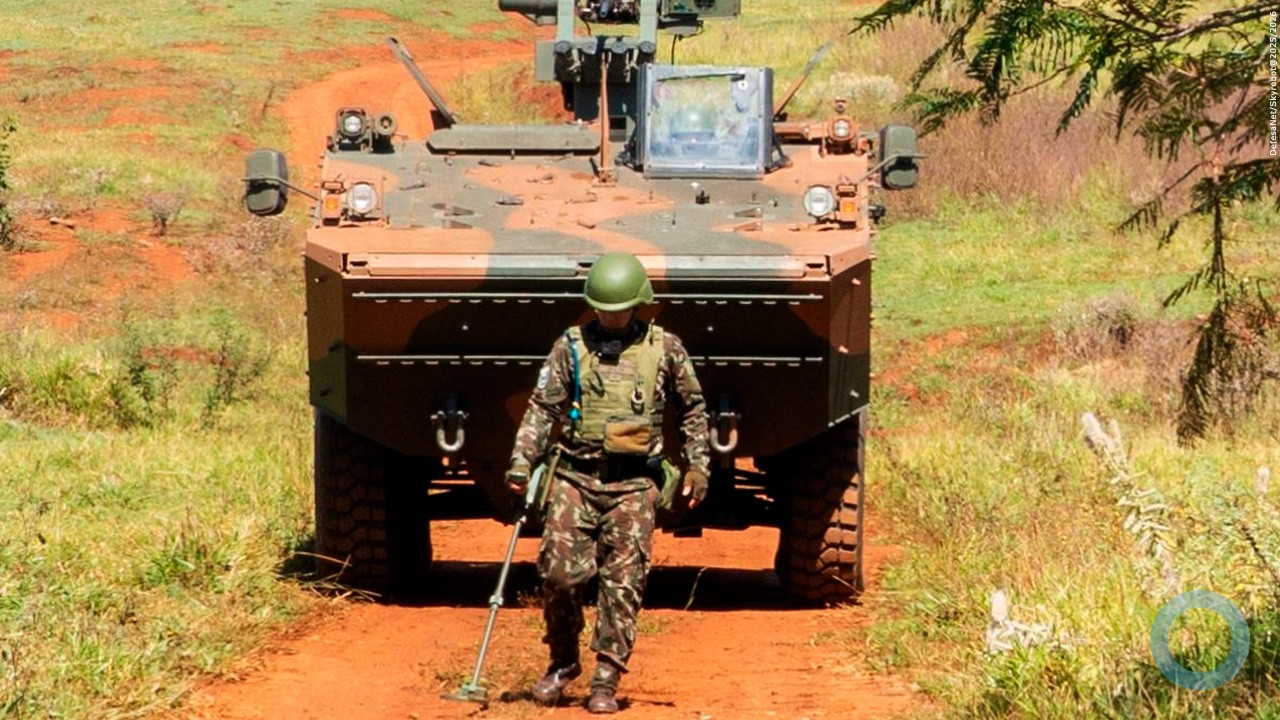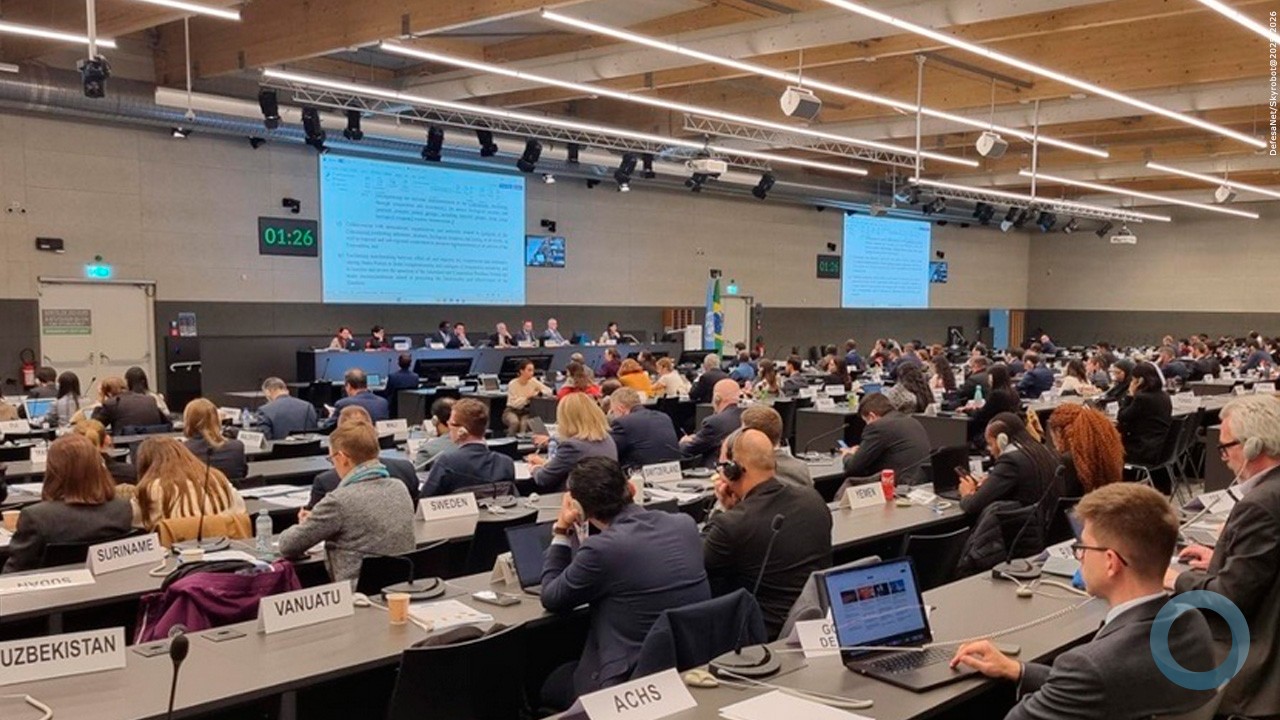Nelson Düring
Chief-Editor DefesaNet
Translation and editing – Nicholle Murmel
Dr. Rolf Wirtz took the position of chief executive officer for thyssenkrupp Marine systems back in 2017, after years at Atlas Eletronik, which had been acquired by thyssenkrupp that same year. In October 2018, after rearranging the industrial branch of the group, the Marine Systems division now reports directly to thyssenkrupp AG’s directors board. Back in December, Wirtz was in Brazil in order to closely observe the negotiations regarding the development program for the Class Tamandaré corvettes, run by the Brazilian Navy – tkMS is among the finalist bidders to win the public contend issued by the Navy and join the program.
While in Brazil, the CEO spoke with DefesaNet.
When questioned about the distinguishing factors of the Água Azul consortium compared with other companies’ proposals, he answers promptly: the quality of our product. Ours is the best”.
The statement might come across ad aggressive, but it is, in fact, calm and assertive. Here is the reason for the CEO and engineer to trust his equipment: over 82 MEKO-Class corvettes and frigates have been delivered to naval forces in 13 different nations – 37 of those units have been built in Germany and all of those ships are still fully operational, which means over 40 years of life cycle. The Niterói-class frigates, for instance have been operating for nearly 40 years in the Brazilian Navy.
MEKO-class ships combine all the good features of five generations of ships thanks to design iteration, which brings the best about each project on to the next. That translates as well-established technology and component standards for new units.
While detailing the MERKO system, Wirts speaks like a businessman rather than a salesman: “the MERKO family – MEhrzweck-KOmbination (Multipurpose Combination) is a tried-and-true, constantly optimized system – It provides a solid base for constant evolution that allows us, for instance, to move from the MERKO A100 on to the A200 and then the A400 in the future in a cheaper and safer way”.
This design iteration process allows for the MERKO systems not only to incorporate several different weapons systems to a ship design, it also ensures what thyssenkrupp Marine Systems refers to as: “modules” for platforms, settings and missions.
While the first two are related to the ship’s structure, the mission modules allow for additional capabilities to be incorporated in any unit, depending on operational demands. The technology is based on interchangeable containers that can be incorporated into a base structure that provides power connections and all the integration apparatus with other on-board systems. For instance, sonar systems can be integrated in case the mission demands ASW capabilities.
What about Embraer Defense & Security (EDS)?
According to Rolf Wirtz, “Embraer is the ideal partner for the [Tamandaré-class] project. I used to work at Atlas Eletronik and I am aware of how crucial it is to be able to rely on a company such as Embraer Defense & Security, as well as its subsidiary Atech, in order for Brazil to absorb and integrate our technology into Brazilian vessels”. Atech will provide the Comat Management System for the Tamandaré corvettes in a joint effort with Atlas Eletronik.
The CEO also mentions something important. The partnership between thyssenkrupp and Embraer within the Águas Azuis consortium could be extended beyond the Tamandaré program. Atech’s participation in the project and its well-known capabilities for system integration is extremely important, according to Wirtz. “Besides, we are looking for a global partner. Embraer Defense & Security will be able to participate in other thyssenkrupp projects not only for the Brazilian Navy, but in other regional markets as well”.
Quality issues
Regarding alleged flaws that have occurred within a project by thyssenkrupp Marine Systems for the German Navy, the tkMS CEO clarifies: “The Class 125 frigate project allows for each vessel to operate for two years without calling at a port, working away from the home port continuously. Ideally, the crew would be brought to and from the ship via helicopter, mid-operation at sea”.
Wirtz adds: “around 70 percent of the systems have been designed specifically for the Class 125 ships – that is what I have to say on the matter. We do not comment on customer statements”.
Oceana Shipyard
Another key point about the águas Azuis consortium is the participation of the Oceana Shipyard, owned by the CBO Group, based on the city of Itajaí, in Santa Catarina state. “The Oceana Shipyard has excellent facilities as if it was waiting for a high-complexity initiative such as the Tamandaré-class. The area is proper for working with sophisticated systems and equipment, and the company has experience with the module system for ships.
Trust
Dr. Rolf Wirtz also emphasizes the success of the Tupi-class submarines currently operated by the Brazilian Navy, as well as the successfully accomplished technology transfer process, which included the construction of four submarines at the Navy Arsenal in Rio de Janeiro and made possible the construction of the Tikuna unit which has incorporated improvements and modifications designed by the Brazilian Navy.
The first Tupi-class vessel was built at thyssenkrupp’s shipyard in Kiel, Germany, and then incorporated into the Brazilian Navy in the late 80’s. After that first ship, another four units – Tamoio, Timbira, Tapajó and Tikuna – were built at the Navy Arsenal facilities based on design and technology provided by thyssenkrupp Marine Systems.
Thyssenkrupp has been doing business in Brazil since 1837. As of now, the company has around 8.000 employees all over the country on industrial branches such as auto parts, energy, infrastructure, mining, concrete, construction, chemicals, petroleum products and defense. Dr. Rolf Wirtz assumiu o comando da thyssenkrupp Marine Systems GmbH em 2017, vindo da Atlas Eletronik, adquirida naquele mesmo ano pela empresa. Em outubro de 2018, após uma reorganização da área industrial do Grupo, a divisão Marine Systems passou a se reportar diretamente ao Board da thyssenkrupp AG.

Above Modularity Configuration with possibility to integrate several equipments from different manufactures possibiliting naval flexibility.
This design iteration process allows for the MERKO systems not only to incorporate several different weapons systems to a ship design, it also ensures what thyssenkrupp Marine Systems refers to as: “modules” for platforms, settings and missions.
MEKO Platform Modularity,
MEKO Configuration Modularity, and,
MEKO Mission Modularity.
While the first two are related to the ship’s structure, the mission modules allow for additional capabilities to be incorporated in any unit, depending on operational demands. The technology is based on interchangeable containers that can be incorporated into a base structure that provides power connections and all the integration apparatus with other on-board systems. For instance, sonar systems can be integrated in case the mission demands ASW capabilities.
What about Embraer Defense & Security (EDS)?
According to Rolf Wirtz, “Embraer is the ideal partner for the [Tamandaré-class] project. I used to work at Atlas Eletronik and I am aware of how crucial it is to be able to rely on a company such as Embraer Defense & Security, as well as its subsidiary Atech, in order for Brazil to absorb and integrate our technology into Brazilian vessels”. Atech will provide the Comat Management System for the Tamandaré corvettes in a joint effort with Atlas Eletronik.
The CEO also mentions something important. The partnership between thyssenkrupp and Embraer within the Águas Azuis consortium could be extended beyond the Tamandaré program. Atech’s participation in the project and its well-known capabilities for system integration is extremely important, according to Wirtz. “Besides, we are looking for a global partner. Embraer Defense & Security will be able to participate in other thyssenkrupp projects not only for the Brazilian Navy, but in other regional markets as well”.
Quality issues
Regarding alleged flaws that have occurred within a project by thyssenkrupp Marine Systems for the German Navy, the tkMS CEO clarifies: “The Class 125 frigate project allows for each vessel to operate for two years without calling at a port, working away from the home port continuously. Ideally, the crew would be brought to and from the ship via helicopter, mid-operation at sea”.
Wirtz adds: “around 70 percent of the systems have been designed specifically for the Class 125 ships – that is what I have to say on the matter. We do not comment on customer statements”.

Dr Rolf Wirtz and DefesaNet Chief-Editor.
Oceana Shipyard
Another key point about the águas Azuis consortium is the participation of the Oceana Shipyard, owned by the CBO Group, based on the city of Itajaí, in Santa Catarina state. “The Oceana Shipyard has excellent facilities as if it was waiting for a high-complexity initiative such as the Tamandaré-class. The area is proper for working with sophisticated systems and equipment, and the company has experience with the module system for ships.
Trust
Dr. Rolf Wirtz also emphasizes the success of the Tupi-class submarines currently operated by the Brazilian Navy, as well as the successfully accomplished technology transfer process, which included the construction of four submarines at the Navy Arsenal in Rio de Janeiro and made possible the construction of the Tikuna unit which has incorporated improvements and modifications designed by the Brazilian Navy.
The first Tupi-class vessel was built at thyssenkrupp’s shipyard in Kiel, Germany, and then incorporated into the Brazilian Navy in the late 80’s. After that first ship, another four units – Tamoio, Timbira, Tapajó and Tikuna – were built at the Navy Arsenal facilities based on design and technology provided by thyssenkrupp Marine Systems.
Thyssenkrupp has been doing business in Brazil since 1837. As of now, the company has around 8.000 employees all over the country on industrial branches such as auto parts, energy, infrastructure, mining, concrete, construction, chemicals, petroleum products and defense.
Related Material
Dr Wirtz interview in Portuguese
For a description of Blue Waters Consortium (Consórcio Águas Azuis) access:
CCT – EMBRAER e ThyssenKrupp – Finalistas do Programa Corveta Tamandaré
Note DefesaNet
Consórcio Águas Azuis has a website:
https://consorcioaguasazuis.com.br/






